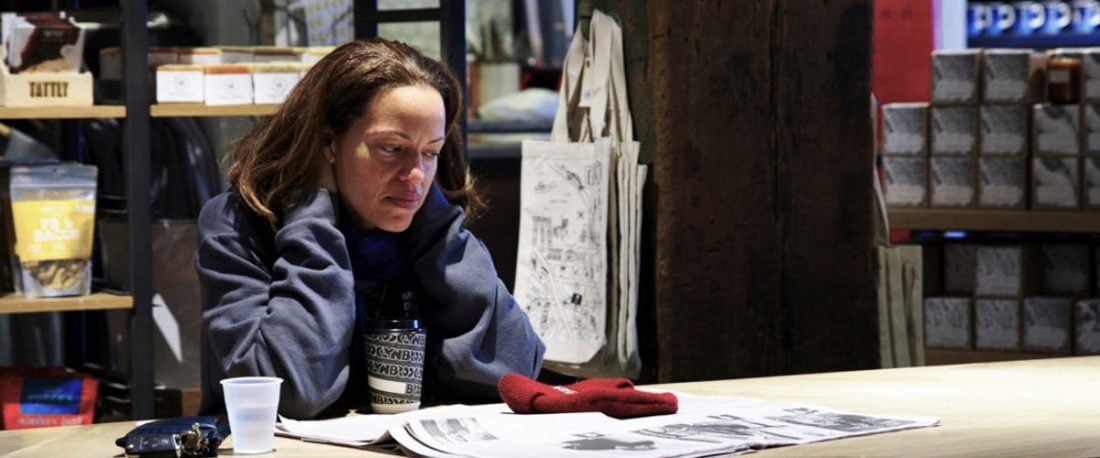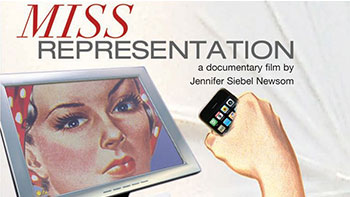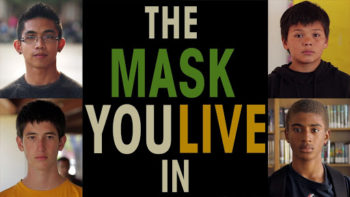In the post #MeToo world, documentaries like Untouchable and Surviving R. Kelly have introduced audiences to survivors of sexual violence and their allegations against powerful men in the entertainment world. But the process of coming forward with an allegation of sexual assault by a high profile celebrity is incredibly difficult and one that is fraught with potentially career-ending decisions. Those high stakes decisions are even more difficult for Black women and women of color because of the double bind that is misogynoir—where sexism and racism intersect. And the backlash only increases as allegations jump from newspapers to the big screen. That’s what happened when news leaked that the new documentary On The Record was headed to the Sundance Film Festival earlier this year.
From the Academy-Award nominated filmmakers behind The Invisible War and The Hunting Ground (Amy Ziering and Kirby Dick) , On The Record (HBO Max) tells the story of how music executive Drew Dixon and several other women decided to go on the record with allegations against hip-hop mogul Russell Simmons in the New York Times. The film chronicles the nearly two years of conversations Dixon had with the Times and the deliberations she and the others made in choosing to go public.

Caption: Jennifer Siebel Newsom and Sundance Film Festival Director Tabitha Jackson introduce On The Record directors Amy Ziering and Kirby Dick before a private moderated discussion with journalist Danielle Berrin.
When news broke that the film—which was originally executive produced by Oprah Winfrey and pre-sold to AppleTV+—was headed to Sundance, Simmons mounted an aggressive campaign to discredit Dixon and the other women. Challenging the victims’ credibility by suggesting mental illness, mentioning interactions with law enforcement, and even calling into question their relationships with their fathers, Simmons enlisted the support of 50 Cent to defend his reputation and his vast fortune. And Simmons accused Winfrey of turning on the Black community and inviting harm to his daughters. Ultimately, Winfrey pulled out of the project citing creative differences but openly acknowledging a rapid and intense pressure campaign by Simmons.
The fact that these stories of Black women survivors made it to the page and screen is a breakthrough and helps pave the way for other BIPOC women to share their stories of sexual assault. And watching how their allegations almost didn’t see the light of day is a reminder that regressive tactics are used to maintain strongholds on power—and sometimes those tactics include enlisting women to engage in their own oppression. Dixon, in speaking with the New York Times, reminds us that, “This is the ultimate double bind that black women face, where there is nowhere for us to go. There is no one to protect us. There is no one to help us. And our own community turns against us when you dare to speak out.”
Featuring the expertise of Black feminists like Tarana Burke and Kimberle Crenshaw (the latter also appearing in The Great American Lie), On The Record does what other #MeToo films have not. It explores how Black women have been over-sexualized throughout American history, dating back to slavery. And it connects the dots between the sexual misconduct directed at Black women and the misogyny of hip-hop. The film does, however, make it possible to hold on to a love for the genre while still calling for the rich and powerful to face the music.
Take Action! Watch On The Record on HBO Max to learn more about how racism and sexism intersect in the lives of Black women in America.




